Factors of Motivation:
The following are the factors of motivation that promotes efficiency.
(1) Job Security- Job security is an important factor that promotes efficiency. The employees feel responsible and committed to the work as long as their job security is ensured. A sense of insecurity is always a source of fear, and fear always checks the motivation of the employees.
(2) Job Enlargement and Job Enrichment- Opportunities for job enlargement and job enrichment constitute two important factors of motivation. Job enlargement means to enhance additional responsibilities horizontally. If the additional responsibilities are of a vertical nature involving delegation and decentralization, the process is termed job enrichment. Along with these, freedom of action or job autonomy is also a factor of motivation. The motivation of employees is always influenced by these factors. According to Flippo, job autonomy can be secured if the following features are present-
- Setting one’s work schedule and work break.
- Varying the workplace.
- Changing duties with others.
- Making crisis decisions in problem situations rather than relying on the boss.
- Making one’s own quality checks.
Koontz and O’Donnell also suggest the following features for ensuring job enrichment-
- Giving workers more latitude in decision-making about such things as work methods, sequence, and pace or by letting them make decisions about accepting or rejecting materials.
- Encouraging participation of subordinates and interaction among workers.
- Giving workers a feeling of personal responsibility for their tasks.
- Taking steps to make sure that people can see how their tasks contribute to a finished product and the welfare of the enterprise.
- Giving people feedback on their job performance, preferably before their supervisor may get it.
- Involving workers in the analysis and change of physical aspects of the work environment, such as the layout of the office or temperature, lighting, and cleanliness.
Thus, the most important condition for achieving better work performance from the employees is to give them interesting, worthwhile, challenging, and responsible jobs, to ensure that the employees are not frustrated by meaningless, disinteresting, thankless, and purposeless tasks.
(3) Delegation of Authority- The most important technique to motivate employees is the delegation of authority. When authority is delegated to the subordinates, they feel a sense of participation and importance and hence get better motivated to accomplish the assigned jobs.
(4) Status and Pride- Employees working in a well-reputed organization are always motivated better than the employees of other institutions. Their status in a recognized institution inculcates in them a sense of pride in their work. They feel proud of their employment in the organization.
(5) Congenial Work Environment- A congenial work environment gives to the individual a set of preferences or values which constitute the goals towards which the instinctual drives are expressed. Also, the work environment is the source of norms of behavior that draw the lines between good and bad, right and wrong, and legitimate and illegitimate actions.
(6) Participation- Participation is an individual’s mental and emotional involvement in a group situation that encourages him to contribute to group goals and to share the responsibility for them. Employees’ participation imparts their personal commitment and involvement to drive for accomplishing organizational goals. Their participation greatly helps the process of communication in the organization. It gives rise to a system of informal communication which always helps the process of goal attainment.
All these factors act as determinants of the motivation of the employees. Motivation is an essential means for securing willing and efficient attempts of the employees in the process of the administration’s drive for securing the desired objectives and goals. Properly motivated employees alone can help the organization attain its goal efficiently and effectively.

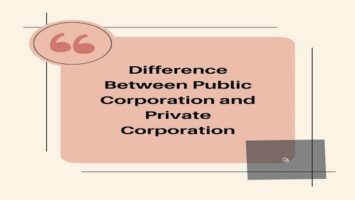
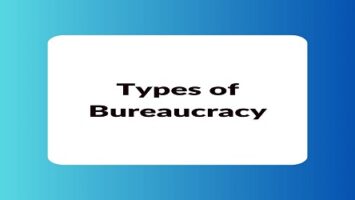
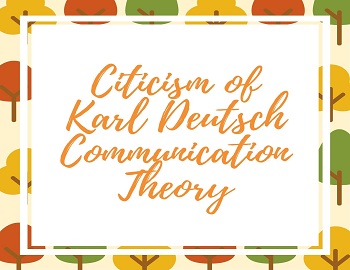
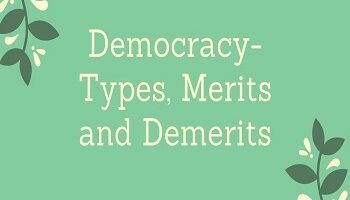

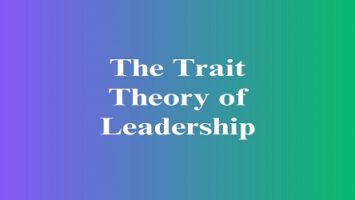
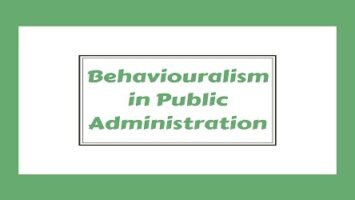

Comments (No)